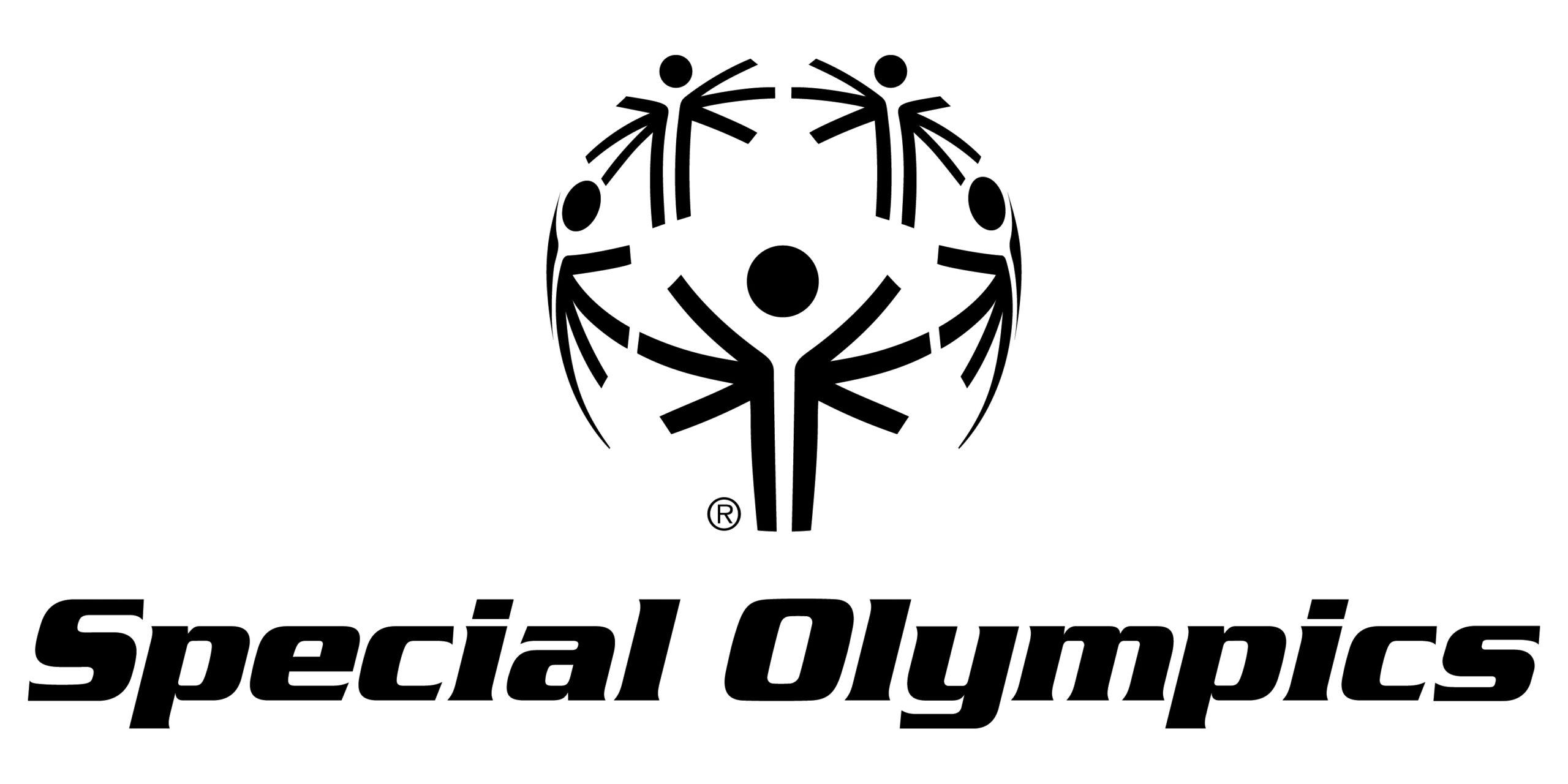By: Jeffrey Newholm
Many of us enjoy watching sports, but most people aren’t nearly good enough to play at the collegiate or professional level. But for regular high-functioning members of society, simply watching gifted athletes is sufficient for our needs. We can play other roles in society in our ho-hum office jobs. But for the 200 million people with intellectual disabilities (they certainly aren’t “retarded”), it can be hard to find self-worth and become a fully integrated part of society. For many of these people, their disability may prevent them from playing on high school varsity teams, or they may simply not be talented enough. That’s where Special Olympics comes in. It truly is “special” because it’s a special opportunity for the disabled to learn social skills, get exercise and learn firsthand the thrills and excitement that comes with athletic competition. Today 4.5 million athletes participate in Special Olympics in over 170 countries. I’ll give a quick review on how this organization came to be, then I’ll share some of my personal experiences with it.
When future US President John F. Kennedy and his sister Eunice were growing up in the ’50’s and ’60s, they had a sister, Rosemary, who had an intellectual disability. Eunice and Rosemary enjoyed playing family games in their youths, but there wasn’t any avenue for Rosemary to play organized sports. When Eunice played sports in college, she realized that sports were a great way to unite people with all kinds of differences, but that they were only available to regular people who also happened to be very skilled in them. Eunice set up an athletic camp for the disabled, while JFK launched various initiatives to make care for the disabled a national priority. More of these camps were created over the years until, in 1968, the first Special Olympics summer games were held in Chicago. Later that year Special Olympics was fully incorporated, and since then has grown into the massive international organization that’s doing good all around the globe.
My interest in Special Olympics comes from my cousin Jake, who plays Special Olympics basketball. There’s many things Jake is unable to do in life. He works a menial job he doesn’t like, and he isn’t able to live on his own (he currently lives with his parents). But Special Olympics gives him an opportunity to get a good workout and meet new friends. Best of all, it gives him an opportunity to be a part of something bigger than himself-the best team sports has to offer. Last weekend, his team took silver at the state tournament at UW-Oshkosh.


One thing to note about Jake’s team is they look a little glum. That’s because they were just beaten handily in the gold medal game. This tournament definitely wasn’t “everybody wins, everybody gets a medal”. Special Olympics tries to give the disabled an authentic sports experience. If you win, you’re jubilant and excited. If you lose, you feel a touch of regret, although the feeling passes quickly enough. That’s they way sports are supposed to work, and it shouldn’t be any different just because of a disability. But one of the things I envy about those with disabilities is that they don’t seem to feel the same hurt and disappointment the rest of us do. One of the most interesting things I saw in my Final Four vacation was the trophy presentation at the D3 final. It was a heated matchup between undefeated Thomas More and Tufts, and Thomas More went on a big run in the last six minutes to take the crown. The Tufts players remained on the floor to get their silver medals, but it was easy to tell from their body language that they were very upset and disappointed. This was the third year in a row Tufts had lost in the Final Four-being runner-up was getting old, and that’s understandable. But when the PA announcer congratulated Thomas More, two of the Tufts players were going wild with joy. I thought is was odd that just those two players were happy for the other team-until I realized they were there through Special Olympics. Yes, intellectually disabled people may need assistance to live their lives, but they live lives just as emotionally rich as the rest of us, without the bitterness and personal disputes that we have. Disabled people deserve our love and respect, and I think Special Olympics is the perfect way for us to bring the wonderful world of sports to them.
You can follow me on Twitter @JeffreyNewholm and our blog @NutsAndBoltsSP.


 NFL
NFL


Great article Jeff! I know several Soevial Olympic athletes. This is a great organization and as you say provides do many with a wonderful outlet for exercise, competition & fun!
Thank you for your kind words, Special Olympics is indeed a great organization